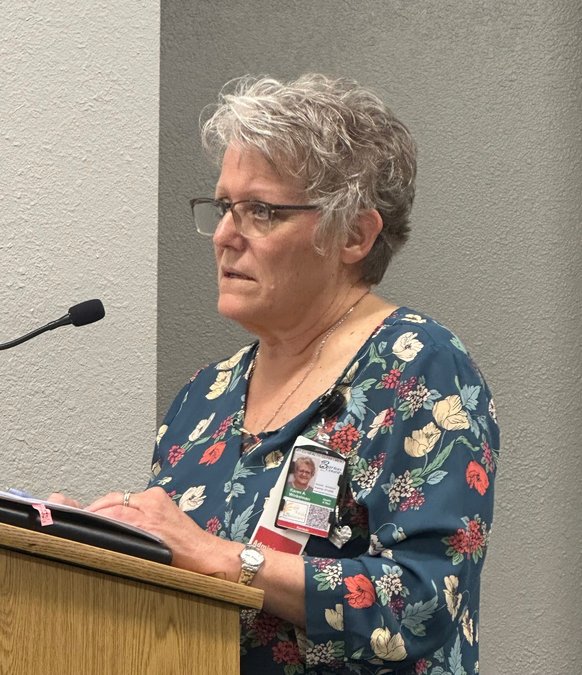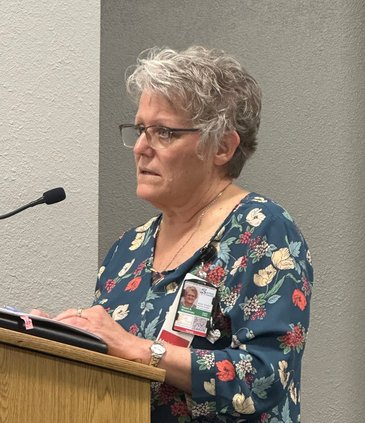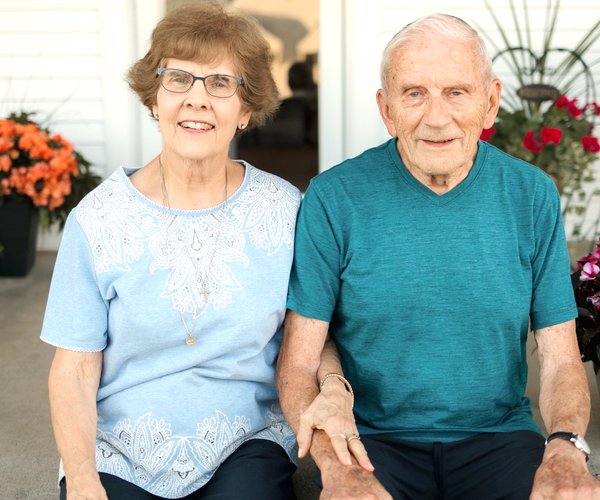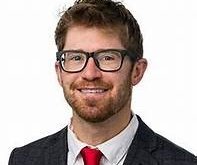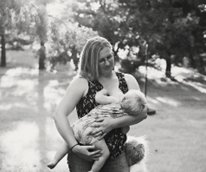BY KEITH LIPPOLDT
klippoldt@gbtribune.com
At Tuesday’s County Commission meeting, Barton County Health Director Karen Winkelman asked the commissioners for approval of a United States Department of Transportation (USDOT) BUILD Grant for the Barton County Accessible Public Transportation (BCAPT) Planning Project.
The Commissioners voted 5-0 to approve receipt of the $239,180 reimbursement, non-matching grant. The purpose of the grant is to develop an accessible public transportation master plan for all of Barton County. This will involve community engagement in each of the county’s census tracts, with “community and engagement” being the key words by using surveys, focus groups and community events.
“A little background on why we decided to explore this grant opportunity is hospitals are required to do a community health needs assessment every two years,” Winkelman said. “We had been invited to each of the hospitals’ community health needs assessment meetings, and the top three things in each community included transportation. The other two were access to healthy foods and mental health awareness. With that said, transportation seemed like the thing that we needed to explore to see how we could support that.”
The grant requires hiring a rural public transportation consultant to help determine the needs in the county. It will also support a percentage of the salaries of two individuals from the Health Department staff as well as contracting four Census Tract Coordinators. There will be some additional costs for media, social media, venue rental, supplies, transportation, printed materials for handouts at the informational meetings, and other miscellaneous items.
Commissioner Shawn Hutchinson was on board with the grant for economic development reasons as well as public health.
“I’ve been involved in economic development planning for over five years, and one of the main things that comes up every time is transportation,” he said. “So this isn’t just public health. Public health is a big factor, obviously, but this can benefit the health community as well as being an economic driver.”
When Winkelman was asked how long it would take to get the project planning implemented and in progress, she replied, “We hope to have the consulting firm selected by November and to have the project launched in January, Then between January and July, we will be looking at those meetings and reviewing the pedestrian collecting data. So it seems like a long time. It’s something I would like to see tomorrow, but obviously we need to get a good foundation, and we need to do it right, so we can actually apply the data at the implementation phase.”
Winkelman envisions the finished product somewhat like the General Public Transportation system, but countywide.
“There are people struggling in a community. Maybe the transportation they have available to them only runs between eight and five,” she said. “They may have needs beyond those hours, or maybe the cost of the transportation — the fee that’s charged for pickup and drop-off — is a barrier for them. Is it for medical — out of town? Are we looking at appointments in Hays, Wichita? What are their needs? There are people who are needing preventive tests done, like a mammogram, and they have no transportation to get there to get that done.”
Although the final product will be a collaborative effort between the consultants, commissioners, community leaders and the health department based on the information gathered through the census taking and community meetings, Winkelman has a vision of the program in her mind.
“I don’t know how all of this will play out,” she said. “My view would be to have some kind of central hub where the calls could come in and there would be transportation available, 24/7. Obviously, if it’s an emergency, we have ambulance services, but if it’s to get to the ER for something in the evening or the night that doesn’t warrant an ambulance call, you could call a transportation calling center to get you there. Or maybe it’s somebody who does shift work and they need a ride to work at two in the morning — they could call in.
“Some of the things I foresee would need to have some type of scheduling to it. I think just good accessibility, and knowing that there’s something out there to get you from point A to point B. I want to make it equitable for everyone to have access. That’s what I would like to see.”
